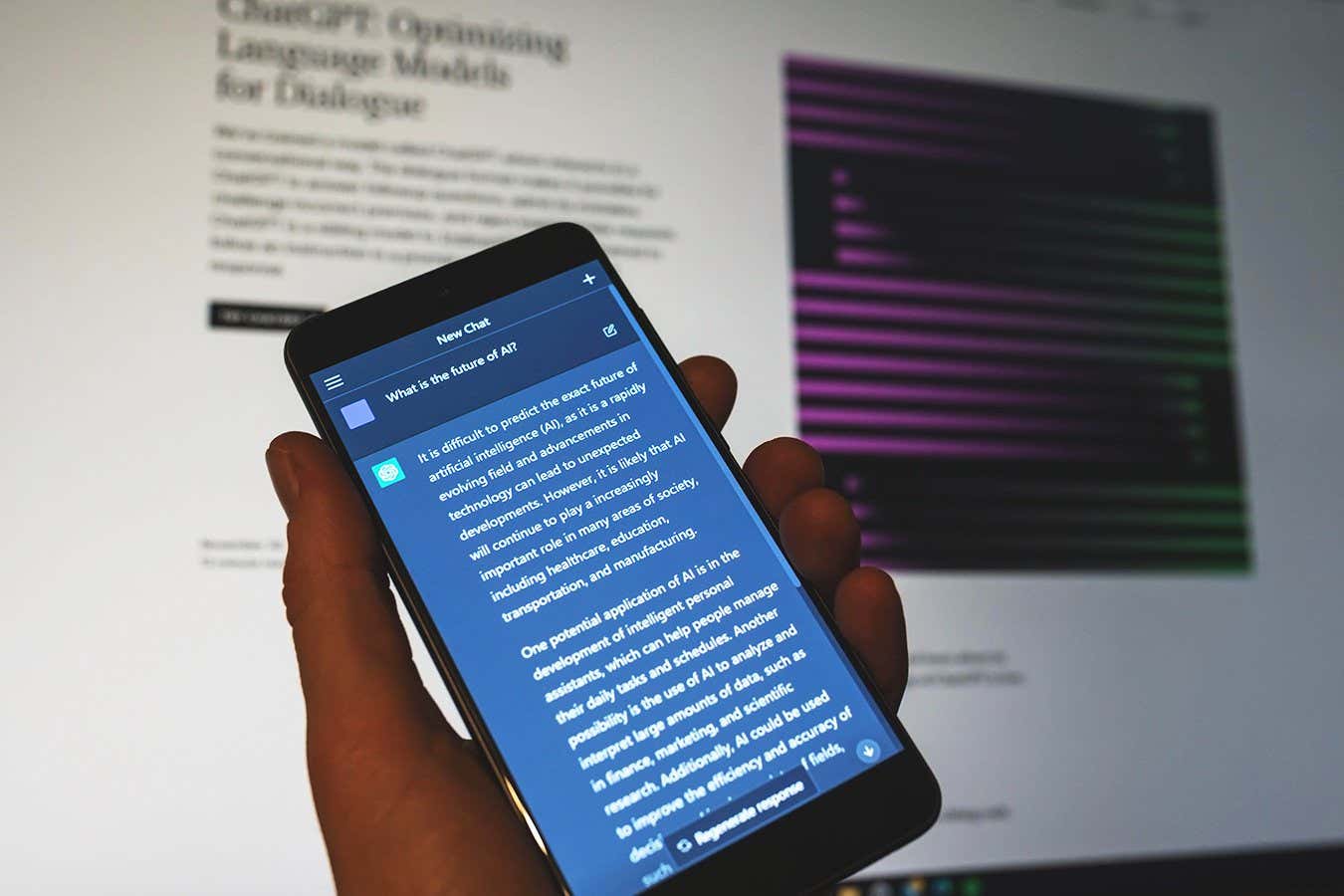Brain cells activated by stress may also give you a bad night’s sleep
Stress can influence the number of times we wake during the night Tero Vesalainen/Alamy Stress can cause people to

Stress can influence the number of times we wake during the night
Tero Vesalainen/Alamy
Stress can cause people to frequently wake up at night, and a newly identified brain pathway in mice may explain why. If a similar pathway exists in humans, it could lead to new ways of improving sleep quality.
While short arousals from sleep are normal, stress amplifies them. These momentary awakenings are so brief – lasting less than 20 seconds – that people rarely remember them. Yet they are linked to a slew of issues including daytime fatigue, impaired cognition and poor mood.
To understand why stress fragments sleep, Shinjae Chung at the University of Pennsylvania and her colleagues analysed the brain activity of sleeping mice. First, they recorded the activity of neurons in the preoptic area of the hypothalamus – a brain region crucial for regulating sleep – in 21 mice while they slept. They found that during brief awakenings, the only neurons active in this region were those with a protein called vesicular glutamate transporter 2, or VGLUT2.
The researchers then raised stress levels in the rodents by placing them in cages with aggressive mice. After this, they found increases in activity in those same neurons, which corresponded to the mice waking more frequently than before.
Finally, the team inhibited these VGLUT2 neurons in 13 stressed mice using optogenetics, a technique to switch cells on and off with light. On average, brief awakenings decreased by a third in these animals compared with 14 mice that didn’t have the neurons turned off.
Together, these findings suggest that stress disrupts sleep by activating VGLUT2 neurons in the preoptic area of the hypothalamus.
“Even though our sleep is slightly different from rodents, deep down, we have some shared properties, and [brief awakenings] are one of them,” says Alban Latremoliere at Johns Hopkins University in Maryland. Understanding why these brief awakenings occur, especially in response to stress, could help us improve our sleep quality, he says.
Yet because this study only assessed social stress, it is unclear if other stressful events also affect this pathway, he says. It also remains to be seen whether there are negative side effects to inactivating these neurons.
Topics:







